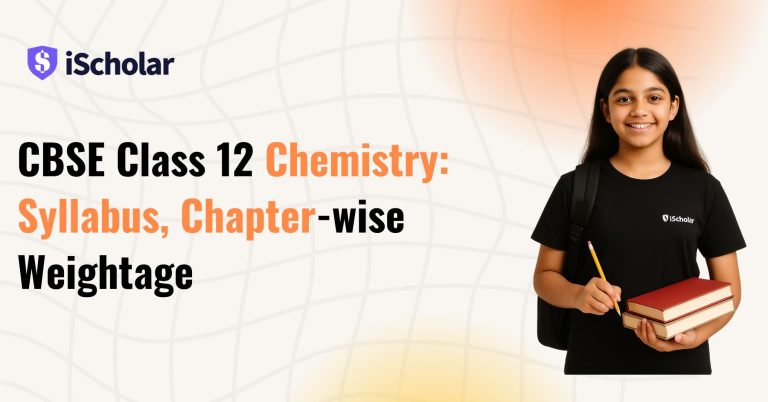Are you aspiring to become a medical professional in India? If so, cracking the National Eligibility cum Entrance Test (NEET) is crucial. NEET is the gateway to some of the most prestigious medical colleges in the country. To excel in this highly competitive exam, you need a clear understanding of the NEET Chemistry syllabus for the year 2024. In this article, we’ll provide you with a comprehensive guide to the NEET Chemistry syllabus, ensuring you have the right resources to prepare for the exam effectively.
Understanding NEET and Its Importance
Before delving into the specifics of the NEET Chemistry syllabus, let’s briefly understand what NEET is and why it holds such significance. NEET is an all-India level entrance examination conducted by the National Testing Agency (NTA). It serves as the primary criteria for admission to undergraduate medical courses like MBBS and BDS in various government and private medical institutions across the country.
The Evolution of NEET Chemistry Syllabus
Over the years, the NEET Chemistry syllabus has evolved to ensure it aligns with the latest advancements in the field of chemistry. The upcoming NEET 2024 syllabus for chemistry is expected to maintain this trend, incorporating essential topics that aspiring medical students must be well-versed in.
Breaking Down the NEET Chemistry Syllabus 2024
| Class 11th | Class 12th |
| Some Basic Concepts of Chemistry | Solid state |
| Classification of Elements and Periodicity in Properties | Electrochemistry |
| Structure of Atom | Solutions |
| Molecular Structure and Chemical Bonding | Chemical Kinetics |
| States of Matter: Liquids and Gasses | Surface Chemistry |
| Thermodynamics | General Principles and Processes of Isolation of Elements |
| Ionic bond Covalent bond | p-Block Elements |
| Redox Reactions | D and f Block Elements |
| Hydrogen | Coordination Compounds |
| Laws of chemical combination | Haloalkanes and Haloarenes |
| s-Block Elements (Alkali and Alkaline earth metals) | Chemical and Physical property of primary alcohol Phenols, Alcohols, and Ethers |
| Some p-Block Elements | Aldehydes, Ketones & Carboxylic Acids |
| Equilibrium Equilibrium in Physical and Chemical Process | Organic Compounds Containing: Nitrogen, Amines, and Cyanides and Isocyanides |
| Hydrocarbons | Biomolecules or Organic Compounds contains Nitrogen |
| Environmental Chemistry | Biomolecules, Polymers And Chemistry in Everyday Life Aldehydes, Carboxylic Acids, and Ketones |
| Organic Chemistry- Some Basic Principles and Techniques | Chemistry in Everyday Life |
| Electronegativity | Band theory of metals |
| Atomic number | Elevation of boiling point |
| Isobars and Isotopes | Cleansing agents such as soaps and detergents |
How to Make the Best Use of the Syllabus
Mastering the NEET Chemistry syllabus requires a strategic approach. Here are some tips to help you make the best use of the syllabus:
Understanding the Weightage:
Pay attention to the weightage assigned to each section of the syllabus. Focus more on topics with higher weightage during your preparation.
Conceptual Clarity:
Build a strong foundation by understanding the fundamental concepts. It will help you tackle complex problems with ease.
Practice Regularly:
Regular practice is key to improving your problem-solving skills. Solve sample papers and previous year’s question papers to get a real feel of the exam.
Seek Guidance:
If you find certain topics challenging, don’t hesitate to seek guidance from teachers or mentors. Clarifying doubts will boost your confidence.
Revision and Mock Tests:
Dedicate ample time for revision and take mock tests regularly to gauge your preparation level.
Conclusion
The NEET Chemistry syllabus for 2024 is a crucial resource for all aspiring medical students. Understanding the topics thoroughly and dedicating enough time to each section will give you a competitive edge. Remember that consistent effort, coupled with effective study strategies, is the key to success in NEET.





